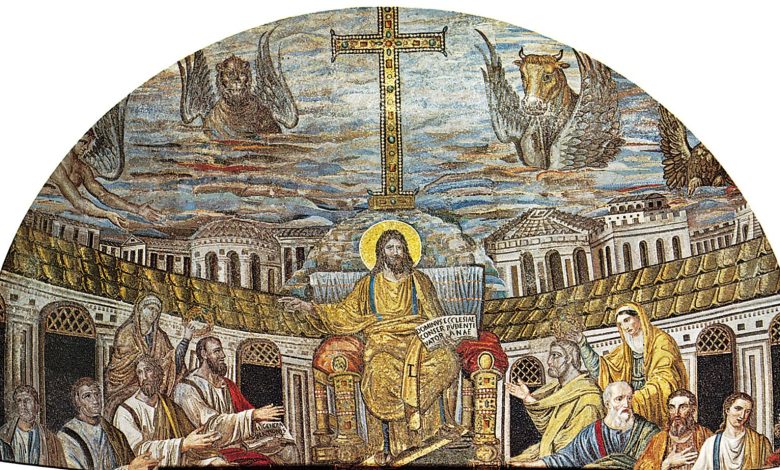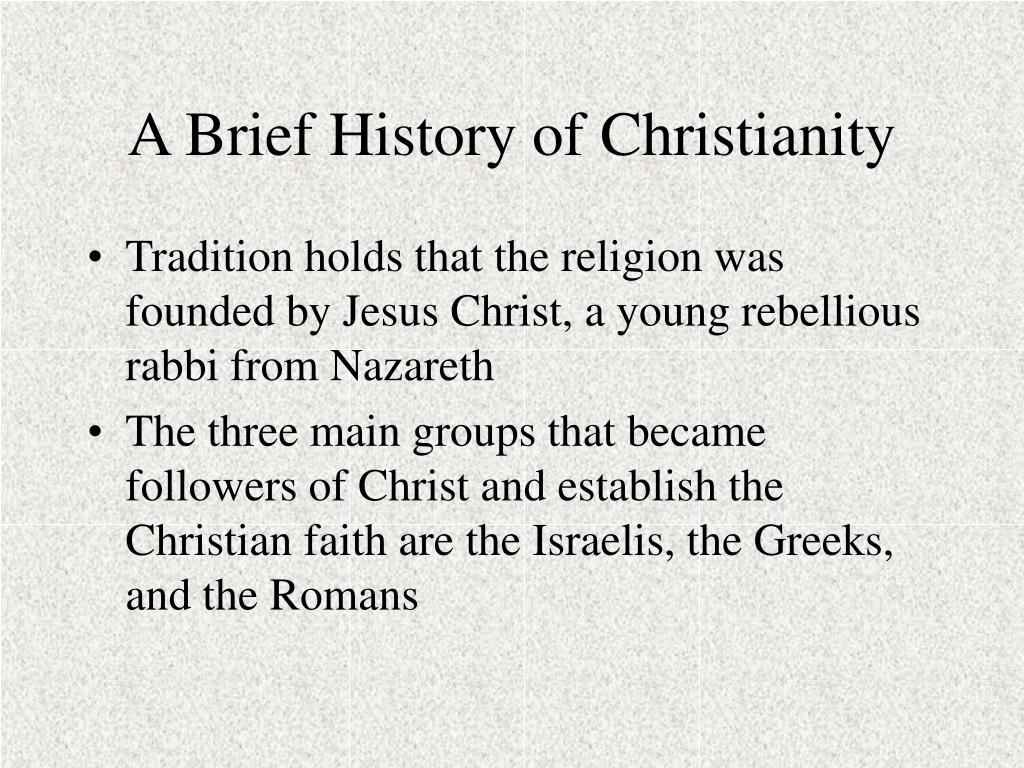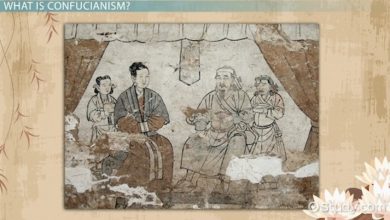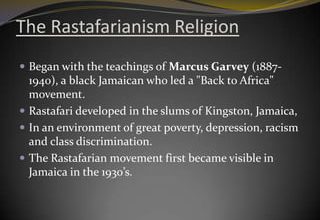Brief Description And History of Christianity.

Christianity is one of the largest religions in the world. It is based on the teachings of Jesus Christ. Followers of Christianity are called Christians.
What is Christianity?
Christianity is a monotheistic religion. This means Christians believe in one God. The religion is centered on the life and teachings of Jesus Christ. Jesus is considered the Son of God by Christians.
Basic Beliefs of Christianity
- God: Christians believe in one God who created the universe.
- Jesus Christ: Christians believe Jesus is the Son of God and the Savior of humanity.
- Bible: The Bible is the holy book of Christians. It is divided into the Old Testament and the New Testament.
- Salvation: Christians believe salvation is achieved through faith in Jesus Christ.
- Church: Christians gather in churches to worship God and learn about their faith.
Early History of Christianity
Christianity began in the 1st century AD. It started in Judea, which is now part of Israel. Jesus Christ was born around 4 BC in Bethlehem. He was raised in Nazareth.
Jesus’ Life And Teachings
Jesus began his ministry at around the age of 30. He preached about love, forgiveness, and the Kingdom of God. Jesus performed miracles like healing the sick and feeding the hungry.
Jesus had 12 main followers called disciples. He taught them to spread his message. Jesus was crucified around AD 30-33. Christians believe he rose from the dead three days later. This event is known as the Resurrection.
Spread Of Christianity
After Jesus’ resurrection, his disciples began spreading his teachings. The Apostle Paul played a significant role. He traveled extensively to preach about Jesus.
Christianity quickly spread throughout the Roman Empire. By the 4th century, it became the dominant religion in the empire.

Credit: www.slideserve.com
Important Events in Christian History
| Event | Description | Date |
|---|---|---|
| Crucifixion of Jesus | Jesus is crucified in Jerusalem. | AD 30-33 |
| Council of Nicaea | First council to address Christian doctrine. | AD 325 |
| Great Schism | Split between the Eastern Orthodox and Roman Catholic Churches. | AD 1054 |
| Protestant Reformation | Movement against the practices of the Roman Catholic Church. | 16th century |
Major Christian Denominations
- Roman Catholicism: Led by the Pope in Vatican City.
- Eastern Orthodoxy: Comprised of several autocephalous churches.
- Protestantism: Includes denominations like Lutheran, Baptist, and Methodist.

Credit: www.britannica.com
Christian Practices and Rituals
Christians participate in various practices and rituals. These include:
- Baptism: A ritual that symbolizes purification and admission to the church.
- Communion: Also known as the Eucharist. It commemorates Jesus’ Last Supper.
- Prayer: Christians communicate with God through prayer.
- Reading the Bible: Christians read the Bible to learn about their faith.
Christian Holidays
Christians celebrate several important holidays. These include:
- Christmas: Celebrates the birth of Jesus on December 25th.
- Easter: Celebrates the resurrection of Jesus. It is observed in the spring.
- Good Friday: Commemorates the crucifixion of Jesus.
- Palm Sunday: Celebrates Jesus’ entry into Jerusalem.
Christianity Today
Christianity is practiced by over 2 billion people worldwide. It has a significant impact on culture, art, and politics. Different denominations and sects have their own beliefs and practices.
Frequently Asked Questions
What Is Christianity’s Origin?
Christianity originated in the 1st century AD in Judea, modern-day Israel and Palestine.
Who Founded Christianity?
Jesus Christ is considered the founder of Christianity.
How Did Christianity Spread?
Christianity spread through apostles, missionaries, and Roman Empire conversion.
What Are Christianity’s Main Beliefs?
Christianity’s main beliefs include faith in Jesus Christ, the Holy Trinity, and salvation.
Conclusion
Christianity has a rich history and diverse practices. It began with the teachings of Jesus Christ. Today, it continues to influence millions of people around the world.



